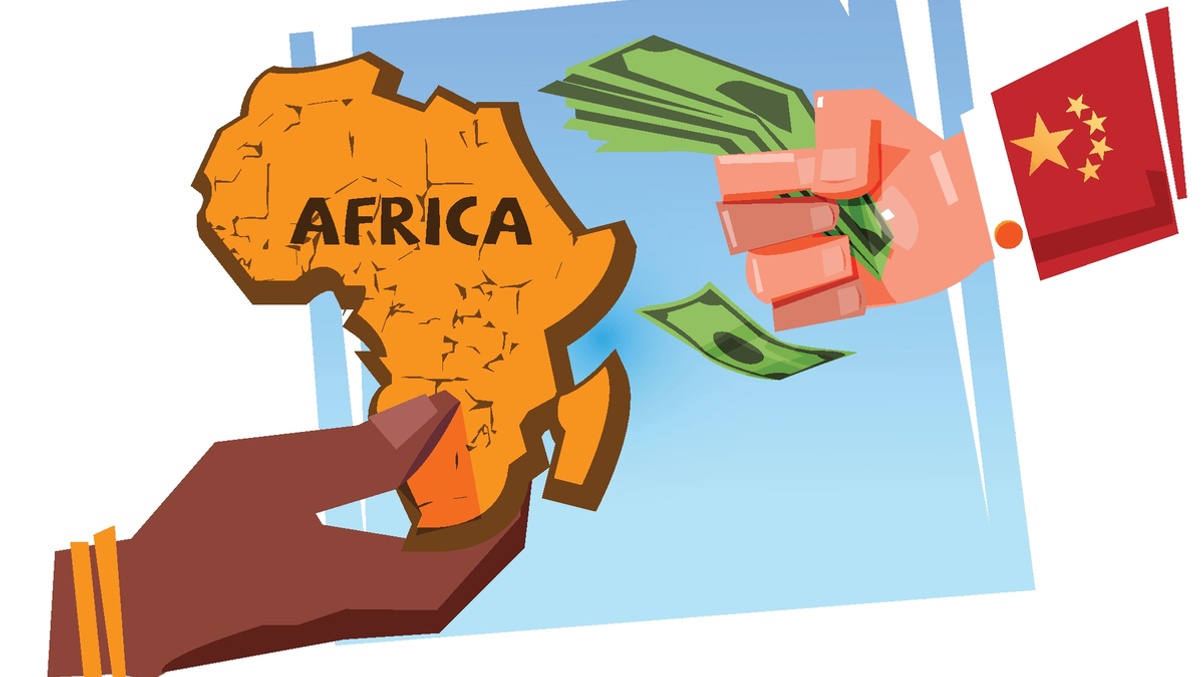Covid-19 crimps China Africa Development Fund investing
The China Development Bank-backed China Africa Development Fund saw investments dry up this year amid Covid-19, with an internal management investigation and Africa’s lagging GDP and higher financial risks also causing pressure.

The China-Africa Development Fund (CADF), a state-linked equity investment fund for the African content backed by China Development Bank (CDB), has failed to secure any new investments so far this year as the onset of the Covid-19 pandemic scuppered its plans, a corruption scandal rocked its parent and China's trade with Africa slowed.
Sign in to read on!
Registered users get 2 free articles in 30 days.
Subscribers have full unlimited access to AsianInvestor
Not signed up? New users get 2 free articles per month, plus a 7-day unlimited free trial.
¬ Haymarket Media Limited. All rights reserved.


